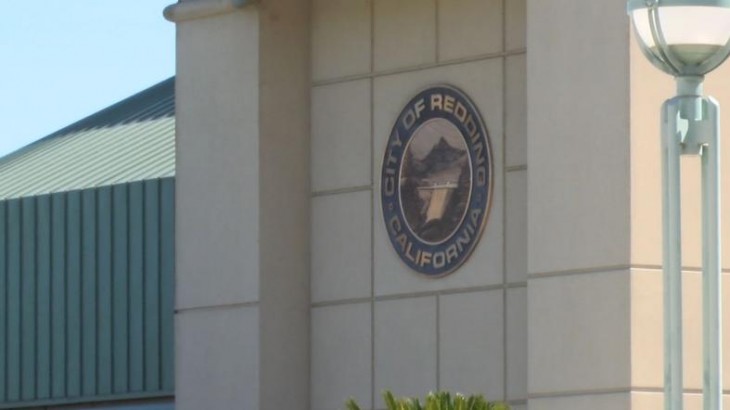Redding City Council Extends Weed Law
On Tuesday, the Redding City Council voted 4-1 in order to extend a temporary emergency law on outdoor cannabis cultivation.
The law simplifies the regulations for cultivating cannabis in the city, confining patients to 6 cannabis plants in their private gardens and prohibiting growth within thousand feet of libraries, schools, or places where youth activity is seen.
According to the old policy, medical cannabis grows were decided based on square footage.
Missy McArthur, the Vice Mayor cast the vote, noticing that there was not urgency to approve the bill.
The temporary law is set for expiry on November 1, though it’s possible that the council will take action to implement the same regulations on a permanent basis.
Barry DeWalt, a city attorney addressed the councillors that the Planning Commission of Redding has advised the City Council to do so. The first reading for this kind of law may take place on June 16 followed by the second reading on July 21. The law will come into effect thirty days after that.
Two individuals addressed the temporary cannabis cultivation law before the voting on Tuesday.
A medicinal cannabis supporter thought that restricting outdoor cultivation to just 6 plants is very limited. She also requested the councillors to leave out the mother plants from the thotal figure.
One of the reasons for making outdoor cultivation rules simpler in Redding is that Glenn, Tehama, and Shasta counties prohibit outdoor cannabis cultivation. Thus, the risk of increased cultivation in Redding is there.
Simplifying the rules will also free the restricted resources of the code enforcement department of the city so that it can deal with other problems.
In another action, the council passed a letter to Stephen Carlton, the district attorney of Shasta County, requesting a probe and possible lawful action due to a latent Brown Act breach on March 30.
On the same day (March 30), the council entered a closed session to talk about the downtown business development district closure. At the end of the session, the council hadn’t taken any reportable action.
Some of them feel that the problem is taken the focus of the council away from other important aspects, raising concerns that the council is taking sides.









